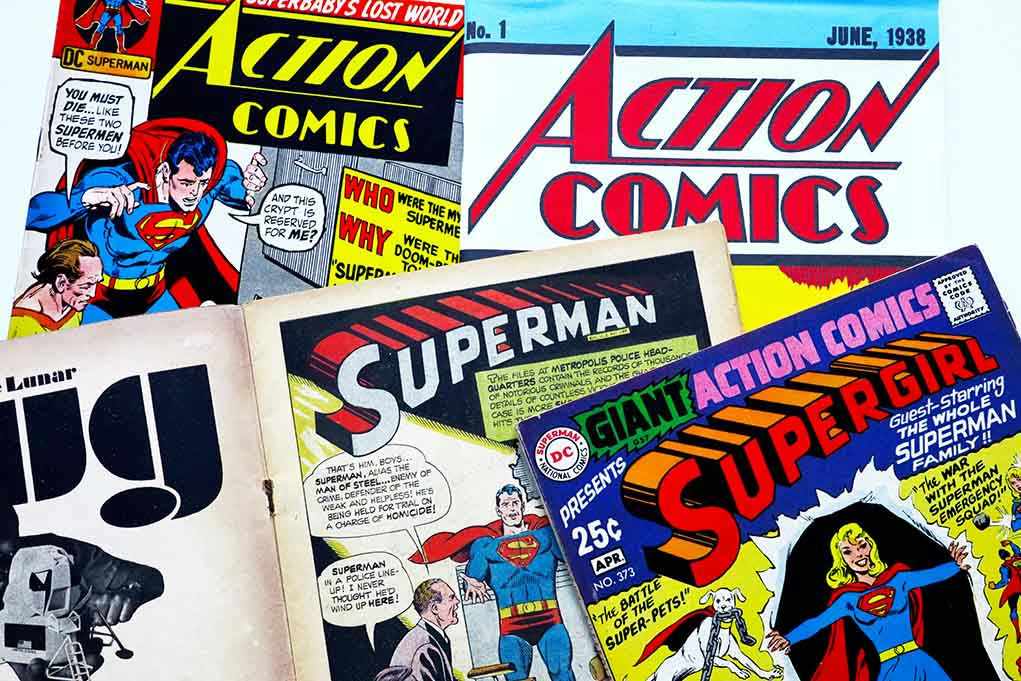
DC Comics cancels a new series after the author celebrates a political assassination, igniting debates on free speech and corporate responsibility.
Story Highlights
- DC Comics canceled the ‘Red Hood’ series due to the author’s controversial comments.
- The comments were about the assassination of right-wing activist Charlie Kirk.
- Gretchen Felker-Martin, the author, is known for her bold and politically charged writing.
- The incident raises questions about free speech and double standards in the industry.
DC Comics Cancels Controversial Series
DC Comics has terminated its newly launched ‘Red Hood’ series, following alarming social media posts by its author, Gretchen Felker-Martin. The comments, which appeared to celebrate the assassination of conservative activist Charlie Kirk, prompted the publisher to act swiftly, citing an unacceptable promotion of violence. The decision was made just a day after the series’ debut, reflecting DC’s stance on maintaining corporate responsibility amid public controversies.
Background and Context
Gretchen Felker-Martin, a transgender horror author, was hired by DC Comics for her reputation for bold storytelling. Her comments on the death of Charlie Kirk became a flashpoint, leading to her suspension from the platform Bluesky and the cancellation of her series. This incident spotlights the tension between supporting diverse voices and managing corporate risk, a balance DC Comics is trying to navigate in a polarized industry.
DC has faced criticism for its perceived double standards, with Felker-Martin pointing to other creators who were not similarly penalized. This reflects ongoing debates about fair treatment within the industry, especially toward marginalized creators.
Industry and Public Reactions
The cancellation of ‘Red Hood’ has sparked widespread discussion in the comics community. Critics argue that DC’s decision is a double standard, as other creators have made controversial statements without repercussions. Felker-Martin remains defiant, expressing no regrets about her comments and vowing not to collaborate with DC Comics again. Prominent voices like Roxane Gay have condemned the publisher’s actions as an attack on free speech.
The industry is left to grapple with the implications of this decision, particularly regarding how publishers handle politically charged speech and the expectations placed on creators in the public eye.




